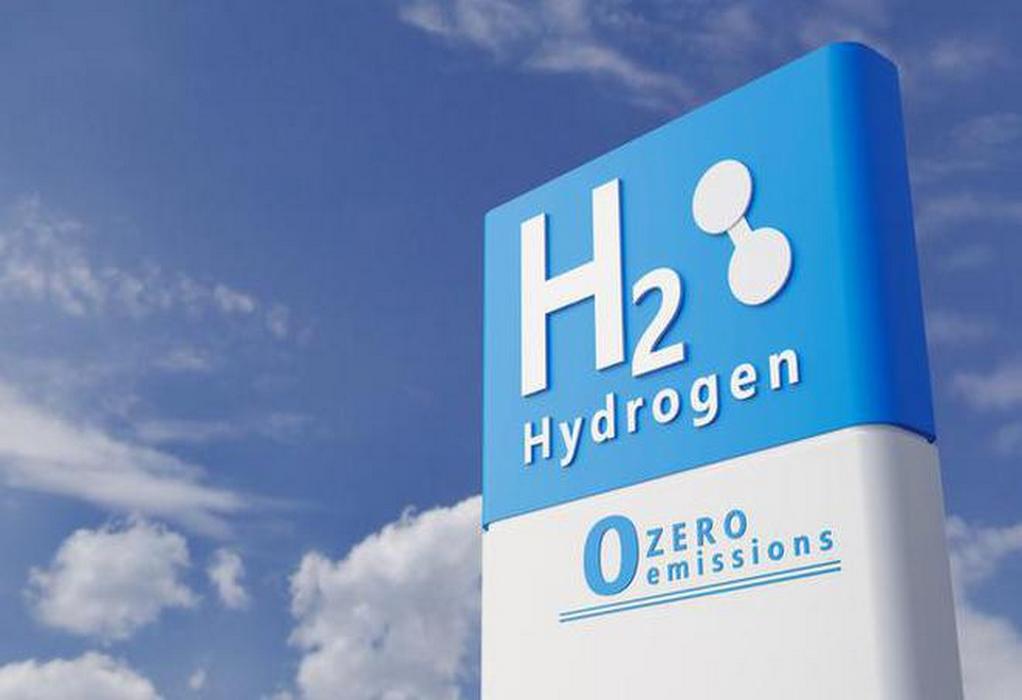Washington State University (WSU) researchers have progressed ahead in finding out a way to make non-polluting, hydrogen-powered vehicles feasible.
The process used by the researchers is a small electrical charge in combination with ethanol and water to produce hydrogen gas. They found that gas can then be used as a carbon-free fuel for motor vehicles.
According to them, the system would allow hydrogen to be produced right at the fueling station, with ethanol the only ingredient that would need to be transported.
Tags: Electrical Charge, Ethanol, Hydrogen, WSU



Recent Posts
IMO leads global shipping toward NetZero transition with new regulations
MPA and Bureau Veritas Renew Partnership to Advance Maritime Digitalisation, Decarbonisation, and Talent Development
RINA Grants AIP for Dual Fuel LNG/Hydrogen-Powered Ultramax Bulker Design Developed by Almi Marine Management S.A. and SDARI
NH3 Clean Energy, Pilbara Ports and Oceania Marine Energy sign a Joint Development Agreement for the establishment of lowemissions ammonia bunkering operations
DP World advances green logistics with electric freight expansion at Jebel Ali Port
Yinson GreenTech and RMS Marine Partner to Advance Marine Electrification in Singapore
Two Damen Combi Freighters Launched for Fast Lines Belgium in China
Viking Line Unveils Concept for World’s Largest Fully Electric Passenger-Car Ferry